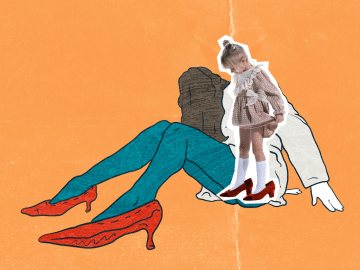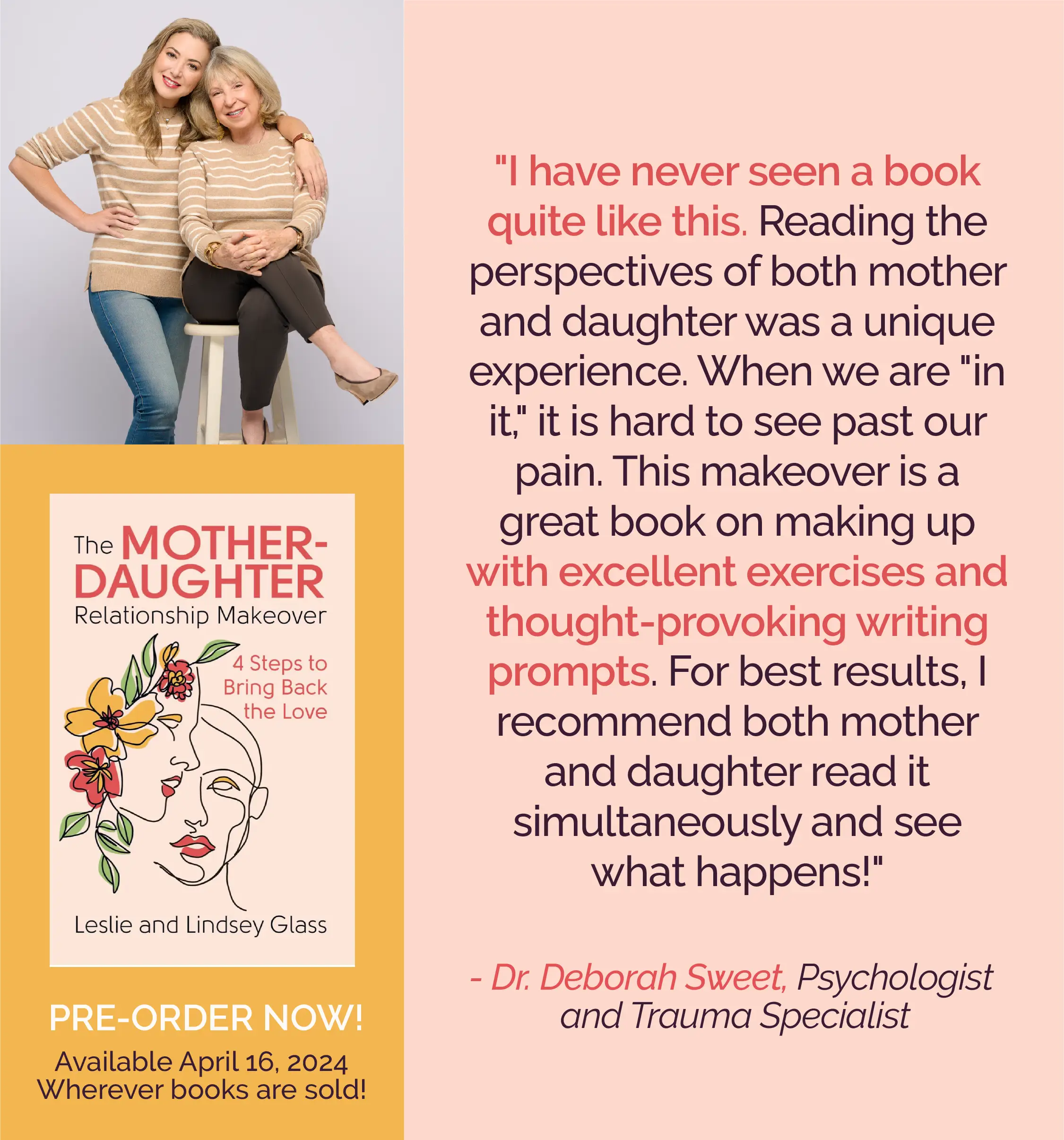Childhood Trauma Could Be Affecting Your Every Move
Did you know that your childhood trauma could be dictating your behavior decades later. If you haven’t addressed them in therapy or counseling, however, it’s possible events from the past are plaguing you now. Even if you have had therapy around your issues, situations that seem familiar, like jobs, or relationships can trigger something that brings out the absolute worst in you. When it comes to trauma and repeating dysfunctional patterns, you really have to be vigilant. How am I so sure? I know from experience and being able to see the patterns in my relationships that do come from childhood trauma.
If You Knew Neglect, You’ll Find Neglect
If you knew abuse, you may find yourself in an abusive relationship. If you had an alcoholic parent, you may find yourself getting involved with alcoholic bosses or alcoholic romantic partners. Whatever childhood trauma you experienced that your brain tried to protect you from could have wired you to react to the wrong people and things. You may find yourself in the same dysfunctional patterns in your romantic life, friend life, and or work life, not knowing why you do the things you do. Well, so much of what we do and how we are is a result of how we were raised and the kind of experiences life has imprinted on us.
If you grew up in a dysfunctional or abusive household where you experienced one, or many childhood traumas, it’s important to learn about childhood trauma and understand its impact on the brain and your emotional health. Being emotionally healthy is essential for a loving, supportive, connected relationship in adulthood. If you look at your relationships and feel you are constantly being undervalued, you may want to consider what your part is in that. What is it about you that draws these users or manipulators in, or allows them to operate unchecked?
When You Understand Your Childhood Trauma You Can Heal
At this point, have you thought about any recurring patterns in your life? Are you feeling sick right now as you realize a few of your boyfriends/girlfriends/friends or bosses have the same bad qualities as one of your parents? I know, it’s depressing. But here’s the silver lining. If you can accept and come to terms with your dysfunctional wiring, behavior, and choices, you can make initiatives for change. What do I mean?? Let me explain. I noticed that I tend to find myself in relationships with people who are unable to meet my needs for whatever reason. Sadly, I connected that to my childhood trauma. At times, my parents were unable to meet my needs. Now, the fact that today I love my parents and bear no resentment or bad feelings towards what happened 30 years ago makes no difference to my weirdly wired brain.
My brain will still react with some form of twisted attraction to people who are unavailable to me–whether emotionally, physically, or whatever other form I can find it in. The good news is, that I recognize it and am always working to improve. I learn from my mistakes and always have new strategies for how to do better next time.
Tips For Coping With Childhood Trauma
Read and learn. This is by far the most important piece of the puzzle. To avoid repeating my mistakes, I’ve read everything I can find on the issues I struggle with. It’s been eye-opening to see my behaviors in black and white on the page. And, the goal isn’t to feel bad or ashamed, but rather gain clarity on how mistakes happened and how to be more careful moving forward. Read articles, books, and whatever else you like. Watch videos if that works better for you but take the time to educate yourself on what’s going on under the surface.
Coaching, Counseling, or Therapy. If you are unhappy with your life, relationships, or decisions and you experienced significant childhood trauma, you may want to look into getting professional help. Maybe you have a weird relationship with food or sex. Maybe you are super controlling or very submissive and it causes trouble for you in all settings. These are behaviors that can be associated with an unhealthy emotional life. If you engage in any destructive or dangerous behaviors, definitely seek help. There is no nobility in harming yourself to punish someone else. Rewire that self-destructive, poisonous thinking.
Practice Makes Permanent. Instead of practice makes perfect, start with practice makes permanent. We’re not looking for perfection when it comes to recovery or any human behavior for that matter. But, what we do want is to work towards real, lasting change. That takes patience and practice. Practice will make permanent with time.
To wrap it up for today, if you know deep down that you have negative past childhood trauma and you are unhappy, it may be time to unpack that. Look at your personal and professional relationships and notice the patterns and types of people you get involved with and consider whether that needs addressing. If so, read, learn, talk to professionals, and practice using your new information and tools moving forward in life.
There will be lots more about childhood trauma and relationships in my new book! I’m so excited to be bringing everything I’ve learned to everyone who needs hope for the future.
More Articles From Lindsey
Do You Know How To Cope On The Holidays When Your Family Hates You
How To Stay Sane On The Holidays
How To Manage Your Controlling Mom
How’s Your Relationship With Your Mom?
Tips For Recovering From Childhood Trauma
The Mother-Daughter Relationship on Amazon
The Mother-Daughter Relationship on Barnes and Noble
The Mother-Daughter Relationship at Walmart






















